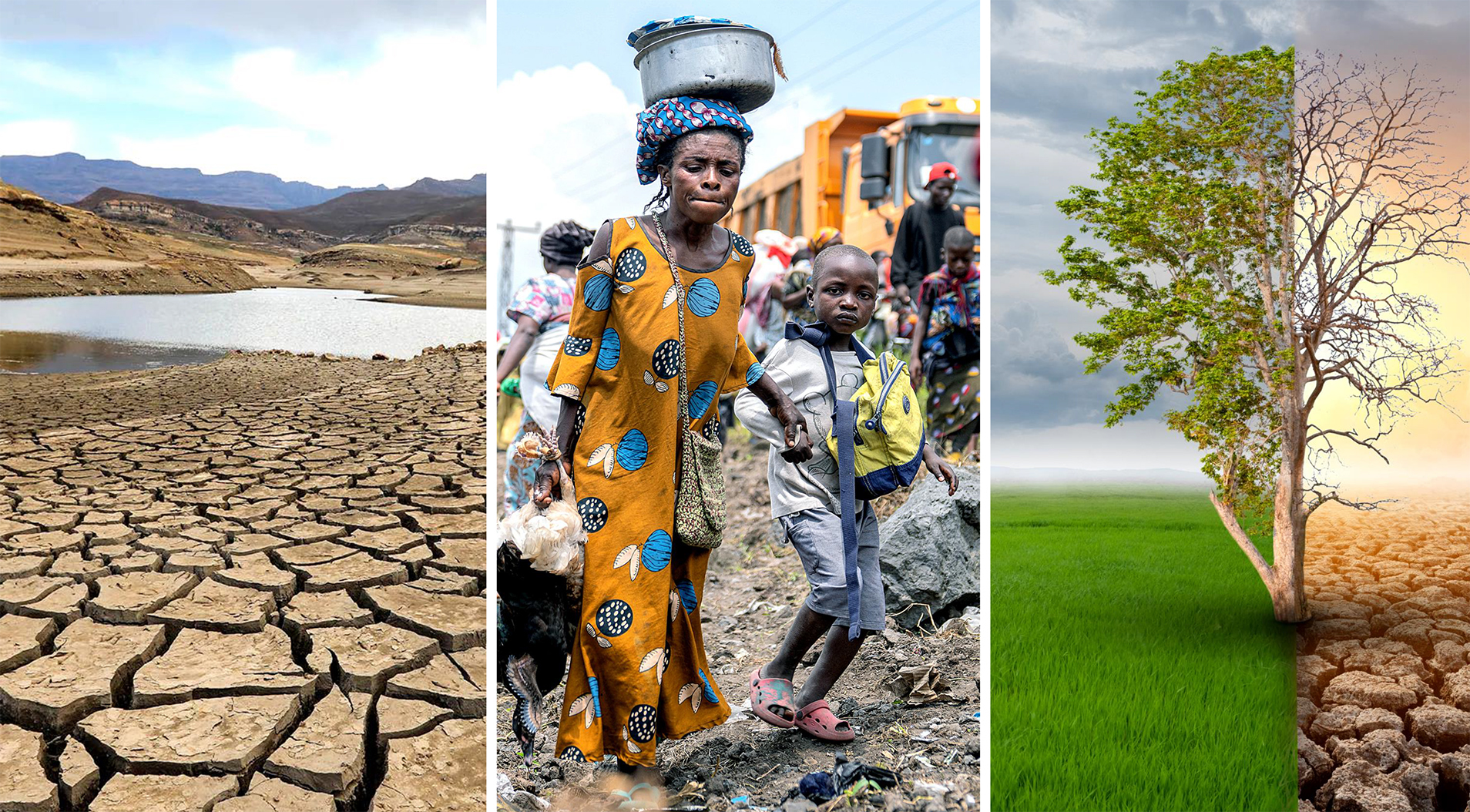The Institute for Economics and Peace’s latest Ecological Threat Report presents a sobering view of how rising ecological threats such as climate change, food insecurity and water scarcity are likely to aggravate global conflict. Described as a “threat amplifier” in the report, climate change in particular exacerbates vulnerabilities and heightens societal tensions, with countries facing higher ecological threats often experiencing higher levels of conflict and reduced security.
The authors of the report, in the executive summary, explain that without concerted international action, “ecological degradation will continue to accelerate, intensifying a range of social issues, including malnutrition and forced migration” and that when combined with further stressors, such as demographic pressure and poor governance, “the likely result will be an increase in conflict.”
The report assesses 207 countries on four conflict-related threats, ranked from very low to very high. A country faces a very high threat if it exceeds one or more defined thresholds.
- Food insecurity: More than 42% of the population has insufficient food consumption.
- Impact of natural events: More than 100 people killed or displaced by natural events on average every year for the past 20 years.
- Demographic pressure: More than a 40% increase in population by 2050.
- Water risk: More than 20% of the population does not have access to clean drinking water.
Of the 207 countries assessed, 50 face high or very high threats. Through a multi-dimensional analysis – covering food insecurity, natural events, demographic pressures and water risk – the report identifies 27 ecological threat “hotspots” where high ecological risks intersect with low resilience. Seventeen of these hotspots are in sub-Saharan Africa including our neighbour to the north, Zimbabwe.
This is especially relevant to South Africa because the report explains that “ecological and humanitarian crises often spill over across international borders. This spillover effect occurs through population flows, cross-border conflict and disruptions to transportation networks and supply chains between countries.”
South Africa, for its part, has a medium level of ecological threat, with an overall score of 2.9 out of 5.
“Sub-Saharan Africa faces the most acute ecological threats of any region,” the report reads, explaining that this is driven by high levels of food insecurity, related issues of water stress, large increases in population, and poor governance.
The report aligns with some of the findings of the Intergovernmental Panel on Climate Change’s (IPCC) most recent AR6 Synthesis Report. While the Ecological Threat Report describes climate change as a threat amplifier, exacerbating existing tensions and vulnerabilities, the IPCC’s report says “economic impacts attributable to climate change are increasingly affecting peoples’ livelihoods and are causing economic and societal impacts across national boundaries.”
The Ecological Threat Report also highlights rapid urbanisation as a significant stressor on water resources, particularly in sub-Saharan Africa, where the population is projected to increase by more than 70% by 2050. The IPCC AR6 report confirms the impact of urbanisation on water systems, stating that “in urban settings, climate change has caused adverse impacts on human health, livelihoods and key infrastructure”.
Fortunately, the Ecological Threat Report does not just identify threats. It also offers solutions to avoid or otherwise ameliorate the impacts of their realisation.
With appropriate action “involving micro water capture, enhanced agricultural yields and better local governance”, the deleterious effects associated with these threats can be substantially mitigated, the authors state.
In a statement, Steve Killelea, founder and executive chairman of the Institute for Economics and Peace, said, “The world is at a critical juncture where ecological threats are increasingly intertwined with conflict risks, poverty and debt. Our research shows that targeted investments in water capture and agricultural practices could dramatically improve food security, increase local resilience, lessen conflict and alleviate forced migration.”
Specifically, they suggest that an annual investment of $15-billion in water capture and agricultural enhancement initiatives to 2050 could lift food production in sub-Saharan Africa by 50%.
The Ecological Threat Report authors explain that “improvements in water and food security will also improve a range of other factors, including health, development, and societal resilience. Combined with improvements in local governance, the likelihood of future conflict can be substantially lessened.” DM





